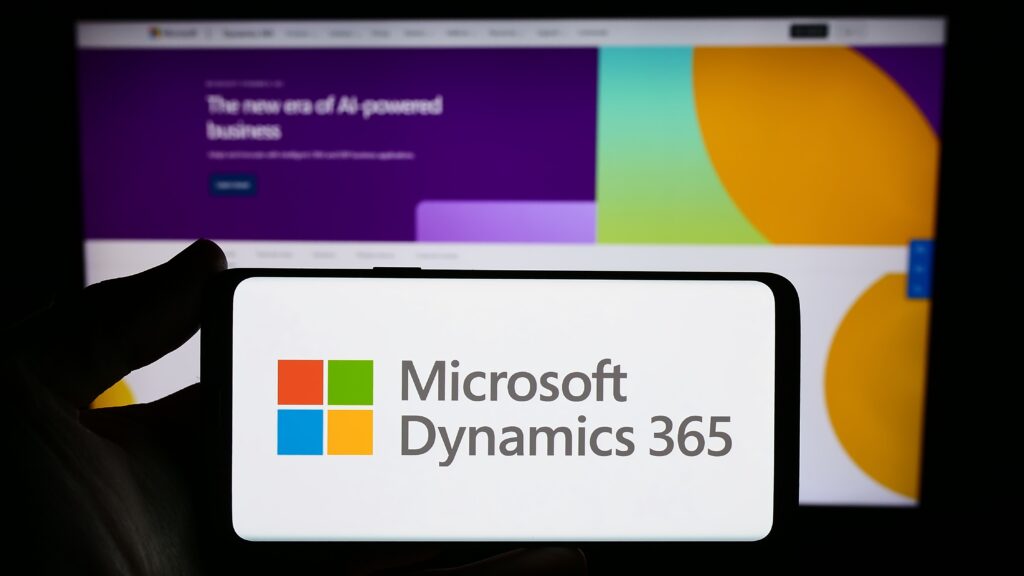Addenbrooke’s Hospital in Cambridge has collaborated with Microsoft to leverage its AI capabilities for planning radiotherapy treatments faster and more efficiently.
As the NHS approaches its 75th birthday, it continues to look for new ways of modernizing healthcare delivery. Cambridge Universities Hospitals NHS Foundation Trust (CUH) has introduced an AI system that can cut waiting times for radiotherapy patients. Developed by and for the NHS, the new AI system named OSAIRIS, has revolutionized the preparation of scans, reducing the time patients at Addenbrooke’s Hospital wait between referral and treatment initiation.
OSAIRIS reduces the labor-intensive process of manually outlining healthy organs on scans prior to radiotherapy, known as segmentation. Precise segmentation is critical to protect the healthy tissue around the cancer from radiation, taking a doctor anywhere between 20 minutes to three hours to perform this task, per patient. OSAIRIS streamlines the process, freeing oncologists to focus on treatment planning while AI handles segmentation. The oncologist can then review each scan, ensuring accuracy and retaining control throughout the entire process.
Dr. Raj Jena, an oncologist at CUH, spearheaded the research for the NHS and University of Cambridge and said: “OSAIRIS does much of the work in the background so that when the oncologist sits down to start planning treatment, most of the heavy lifting is done.
“It is the first cloud-based AI technology to be developed and deployed within the NHS, which we will be able to share across the NHS for patient benefit.”
Dr. Jena’s research includes collaborating with Microsoft Research on Project InnerEye, a Microsoft research effort developing machine learning and open-source software that is empowering healthcare organizations and innovators to develop their own solutions to assist clinicians in planning radiotherapy treatments.
Aditya Nori, general manager of healthcare for Microsoft Research, said: “I started working in healthcare almost nine years ago and healthcare offers the possibility not only to have technical impact but also societal impact, so I am really thrilled about this. The fact that we have AI finally in the NHS also will open the doors for other kinds of AI technologies to really reduce the burden that’s placed on clinicians and more importantly, improve patient safety, outcomes and experiences.”






